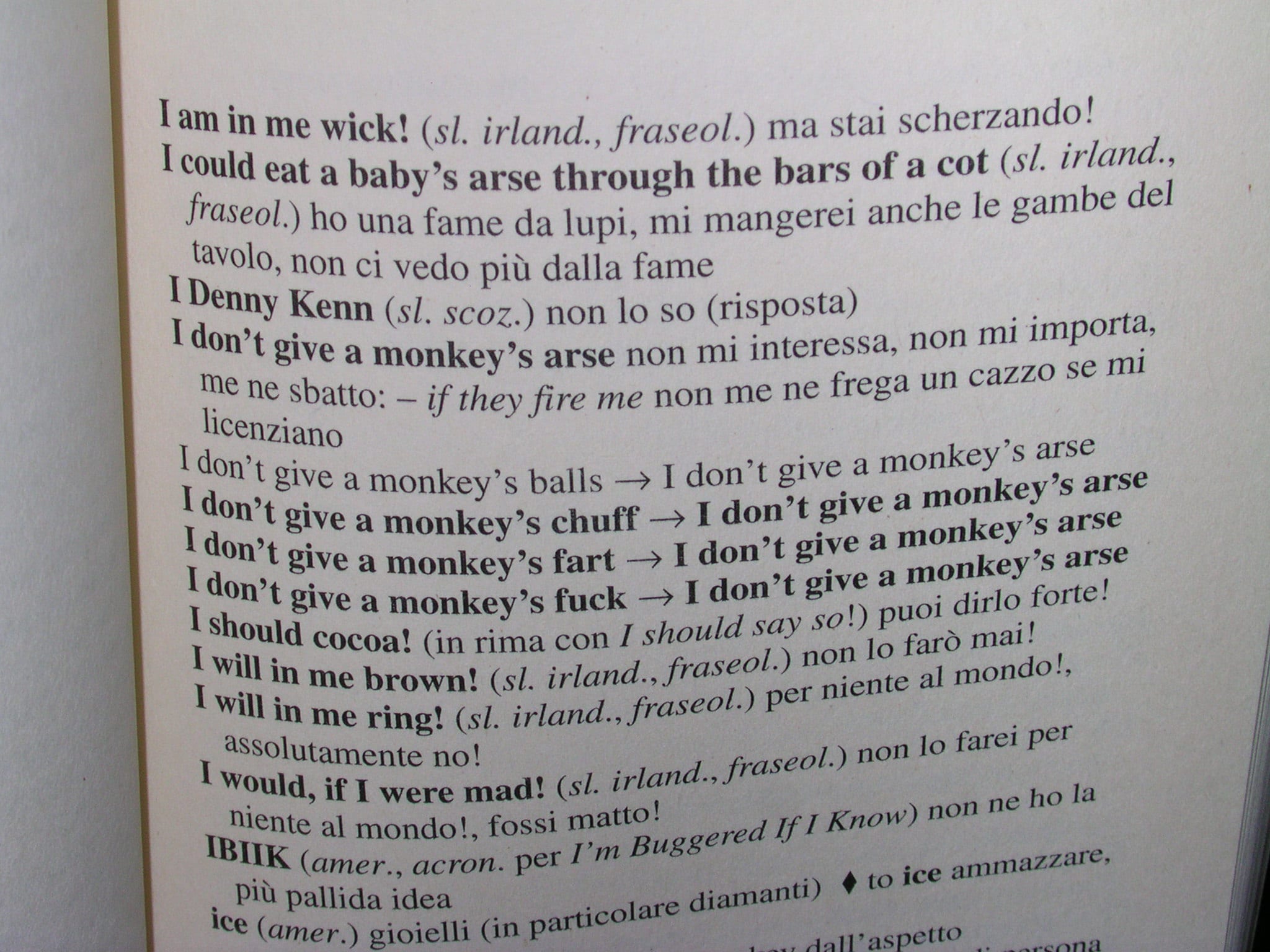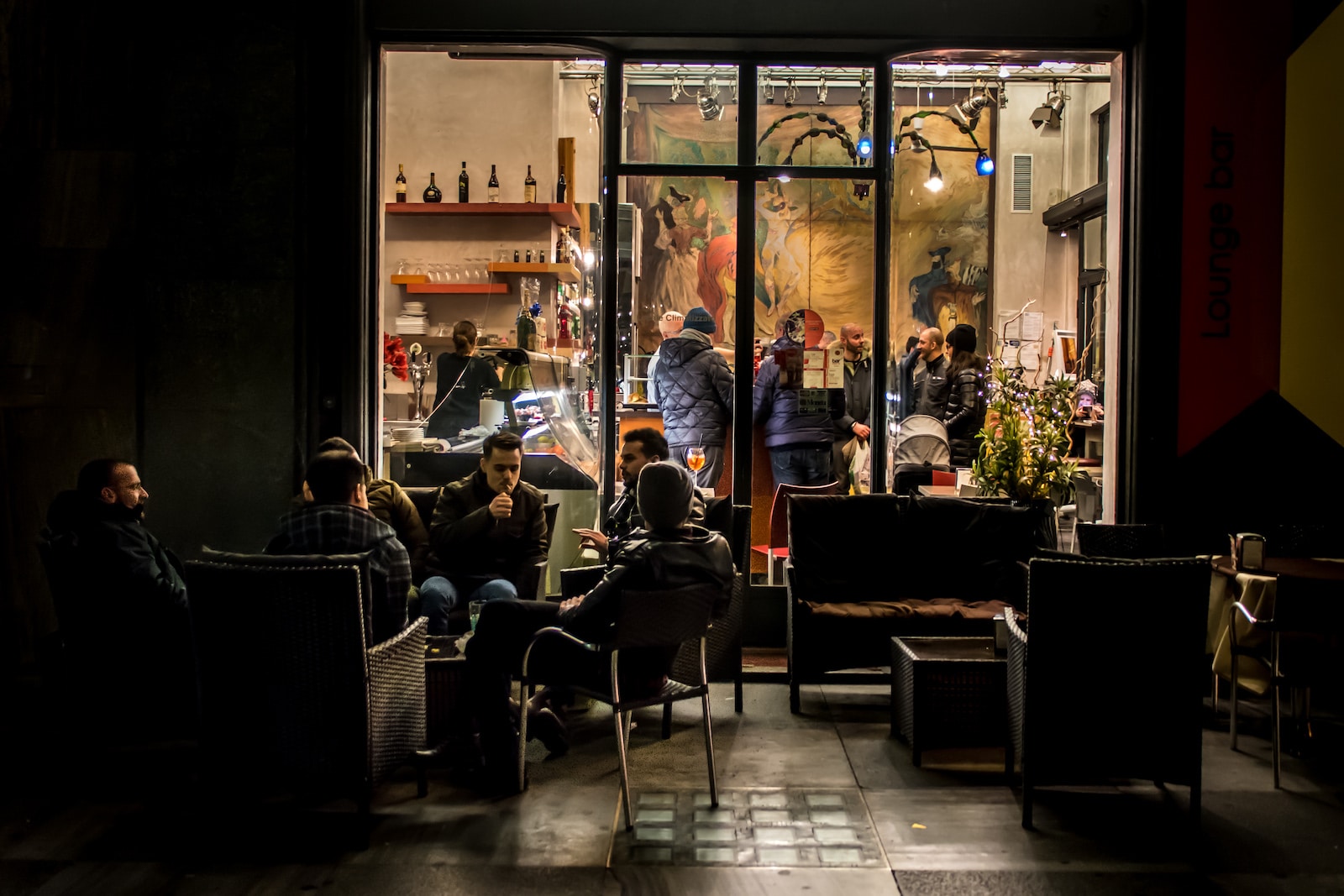Italy is a country that inspires millions to travel. Whether you want to experience the ancient words, explore the highest fashion or fill your stomach with the taste of authentic pasta, you’ll need to know a few Italian language basics before you travel to this luxurious country.
While it can be difficult to get around a language barrier, learning some of the local lingoes can make it easier for you. With a few phrases and words locked into memory, you can make more authentic connections to the local people and culture.
Learning a new language has become easier because of modern technology and the rise of apps, websites, and games. Yet, it still can be a challenge when travelers try to identify key Italian words and phrases on their own.
Our article will help you learn basic Italian, so you can travel around with ease. With all of the need-to-know Italian words and phrases, you should use this article as a survival kit for getting around Italy. Our mini language guide can also help you get a good grasp on the Italian language so that you can converse freely with the locals.
Countries that speak Italian:
- Italy – official language
- France – French is official, Italian, Monégasque and English are spoken in parts
- Switzerland French, German and Italian, speaking parts

Pronouns
In all languages, pronouns are essential because they are identifying words that are used to speak about yourself and others. Italian Pronouns are the first basic parts of the language that travelers should learn before they jet off on an adventure.
Pronouns will help you clearly communicate with the people around you. It is also more respectful when speaking to others to address people by their proper pronouns.
While it can be tricky to learn the basics of any language, travelers need to feel comfortable when using Italian pronouns. There are formal and informal pronouns in Italian and you need to be careful when you speak to ensure you are addressing someone correctly.
Any time that you are unsure of which pronouns to use, you should speak formally. You may then be given permission to speak informally.
- I, Me — Io
- You (Informal) — Tu
- You (Formal) — Lei
- He, Him — Lui
- She, Her — Lei
- They, Them — Loro
Formal vs. Informal
In the Italian language, you can address someone formally or informally by using “lei” or “tu”. The informal pronoun, “tu” is appropriate to use with friends or family. “Lei”, the formal pronoun, should be used when you are addressing a stranger or person in a position of power.

Questions
Curiosity is second nature to travelers and you might find yourself wanting or needing to ask questions. These common question words can help you communicate with others, so you can easily ask for directions, recommendations, or general information.
- Who? — Chi?
- What? — Che?
- When? — Quando?
- Where? — Dove?
- Why? — Perché?
- How? — Come?
Greetings
Every appreciates people who are respectful and one of the best ways to show your respect to locals is by greeting them in their own language. These short phrases are great ways to greet others as you interact with the world around you.
- Hello — Ciao
- Good morning — Buongiorno
- Good afternoon — Buon pomeriggio
- Good evening — Buonasera
- Nice to meet you (Informal) — Piacere do conoserti
- Nice to meet you (Formal) — Piacere di conoscerla
- Nice to see you — Felice di vederti
- Welcome — Benvenuto
- What is your name? (Informal) — Come ti chiami?
- What is your name? (Formal) — Come si chiama?
- My name is… — Mi chiamo…
Farewell
On the other end of greetings are farewells. When you want to leave a conversation or you’ve completed greeting someone, it is polite to say goodbye. These Italian phrases are the best ways to part ways after meeting or talking to someone.
- Goodbye — Arrivederci
- See you soon — A presto
- See you tomorrow — Vediamo domani
- Have a good day — Buona giornata
- Take care — Stammi bene
- Take care — Riguardati
Small Talk — Feelings
There may also be times that you want to take your conversation further than hello and goodbye. These phrases can help you ask about a person and how they are feeling or doing. Some of the phrases can also be used to greet others at the start of a conversation.
- How are you? (Informal) — Come stai?
- How are you? (Formal) — Come sta?
- How have you been? — Come sei stato?
- What’s up? — Che sucede?
- I am fine, how are you? — Sto bene, e tu?
- Good, and you? — Bene e tu?
Small Talk — More Responses
When someone asks about your feelings, it is important to be able to respond. These phrases will help you communicate to others about how you feel or how you are doing. To be more polite or when speaking formally, you may also add a “grazie” or “thank you” to the end of each phrase.
- I am very well. — Sto molto bene.
- I am so-so. — Sto così così.
- I am a little tired. — Sono un po stanco.
- I am sick. — Sono malato.
Courtesy Words
Other courtesy words can be used to be respectful to other people whenever you are having a conversation or asking for assistance. Some of these words can also be used to demonstrate your appreciation for locals as you travel around their country.
- Please — Per favore
- Thank you — Grazie
- Thank you very much — Grazie mille
- You’re welcome — Prego
- I am sorry — Mi dispiace
- Excuse me — Mi scuse
- Mister — Signor
- Misses — Signorina
- Miss — Signorina
Common Phrases
These are some of the most common phrases that come up in conversations between people. A few of these phrases can also help you communicate with others in case you need to ask for help or directions.
- How old are you? — Quanti anni hai?
- Where are you from? (Informal) — Di dove sei?
- Where are you from? (Formal) — Di dov’è?
- I am from… — Sono di…
- What time is it? — Che ore sono?
- How much does this cost? — Quanto costa questo?
- Who are you? — Tu chi sei?
- What is this? — Cos’è questo?
- Do you understand? — Capisci?
- Do you speak English? — Leí parla inglese?
- Where is the bathroom? — Dov’è il bagno?
- I need help. — Ho bisogrio di aiuto.
- Enjoy your meal — Buon Appetito
- Cheers — Salute
- Well done — Molto bene
- Don’t worry — Non preoccuparti
Common and Useful Words
A great way to expand your vocabulary in a foreign language is by learning some of the commonly used words. These words are essential for travelers because they are frequently used when communicating with locals.
- Yes — Sì
- No — No
- Of course — Certo
- Always — Sempre
- Sometimes — A volte
- Maybe — Forse
- Never — Mai
- Left — Sinistra
- Right — Destra
- Stop — Fermarsi
- Hotel —Hotel
- Taxi — Taxi
- Taxi — Tassì
- Food — Cibo
- Water — Acqua
- Check or bill — Il conto
Colors
Labels can be useful when traveling to identify objects and places. Colors are one of the most common ways to identify and label objects. Whether you’re inquiring about a product or asking for directions, knowing the colors in Italian can help you effectively communicate your wants and needs.
- Red — Rosso
- Orange — Arancione
- Yellow — Giallo
- Green — Verde
- Blue — Blu
- Purple — Viola
- Pink — Rosa
- Black — Nero
- White — Bianco
- Grey — Grigio
- Brown — Marrone
Days of the Week
Bookings and reservations are commonplace in the world of travel, so knowing the days of the week in Italian is important to managing your schedule. Memorizing the days of the week can also help you prevent any mistakes or errors in your schedule as you go to make a reservation or booking.
- Day — Giorno
- Week — Settimana
- Monday — Lunedì
- Tuesday — Martedì
- Wednesday — Mercoledì
- Thursday — Giovedì
- Friday — Venerdì
- Saturday — Sabato
- Sunday — Domenica
Other Phrases
With a many basic Italian words and phrases listed in our guide, these are just a few more that you may hear while you are traveling.
- Okay — Va bene
- Come here — Viene qui
- My love — Amore mio
- I love you — Ti amo
- What are you doing? — Cosa stai facendo?
- Very good — Molto bene

Practice Makes Perfect
While travelers may be hesitant to tackle a language barrier head on, you shouldn’t let a foreign la Guage stand in the way of traveling. Everyone can learn basic Italian with a little practice and effort. This can greatly improve your experience on a trip, so you can use your new language skills to travel confidently.
Practice makes perfect and the key to learning a foreign language is speaking without fear. Everyone makes mistakes and that’s okay! With our guide, you’ll be able to advance your skills and begin conversing with locals, so you can settle in and enjoy everything that Italy has to offer

